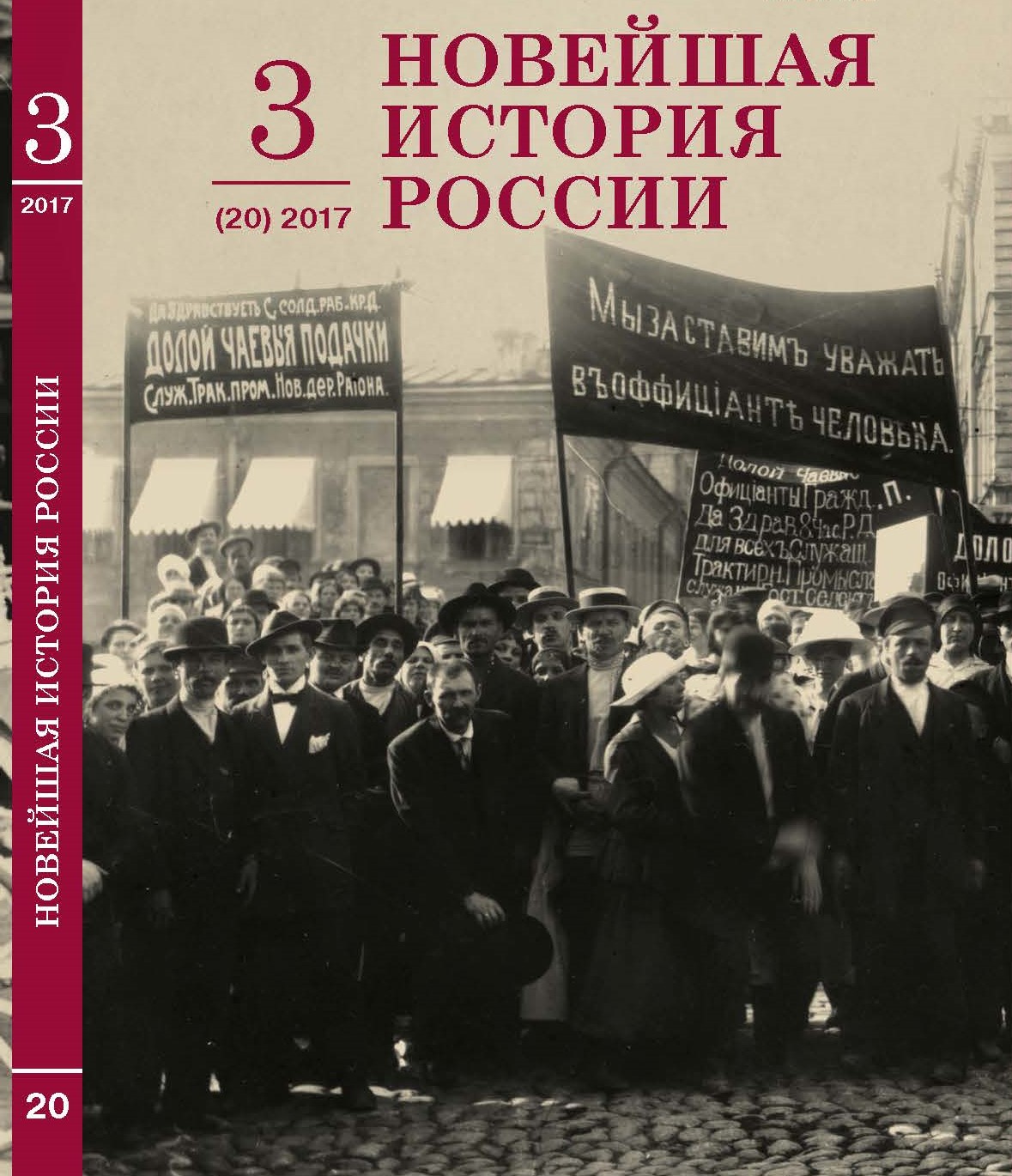Голоса из прошлого: эпистолярные источники тамбовских лагерей военнопленных в годы Второй мировой войны
Voices from the Past: Epistolary Sources on Tambov POW Camps During the Second World War
Author(s): Yuri Aleksandrovich MizisSubject(s): History, Social history, Recent History (1900 till today), WW II and following years (1940 - 1949)
Published by: Издательство Исторического факультета СПбГУ
Keywords: war; camp; prisoners; letters; album; NKVD; Tambov
Summary/Abstract: The article examines and analyzes a special type of sources on the history of the creation and functioning of POW camps in the USSR during the Great Patriotic War and the first post-war years. Documents from two Tambov camps No. 64 and No. 188 were taken for study. Letters of war prisoners to their relatives and friends, appeals to their comrades at the front and ceremonial thank-you albums that were written by them before they were sent home. They are united by one main feature: they were written under the strong influence of the political departments of the camps and served propaganda purposes. However, despite strict censorship, the documents contain quite reliable information about the positi on of prisoners of war, their attitude to the war, and concern for their relatives and friends. Of particular interest are the letters of prisoners of war of different nationalities, written in January — March 1943, which were never sent to their destination, perhaps some of them were replicated in the form of leaflets and scattered over the front line. The bulk of such documents remained forever in the folder of documents of the State Security Committee of the NKVD of the USSR. The letters contain enough information about the situation in captivity, written to calm their relatives, while in the camps massive diseases and high mortality reigned. At the same time, there are constant requests for food, smoking and some household items, which the prisoners of war were sorely lacking. In letters, the idea of the imminent end of the war and the return from captivity is constantly refreshed. Three appeals written by anti-fascist prisoners of war for their comrades at the front were to play a powerful campaigning role and influence the German soldiers and their allies fighting at the front. Parade albums of prisoners of war prepared before sending home are another interesting source, characterizing the point of view of prisoners of war, anti-fascists.
Journal: Новейшая история России
- Issue Year: 7/2017
- Issue No: 20
- Page Range: 35-48
- Page Count: 14
- Language: Russian

